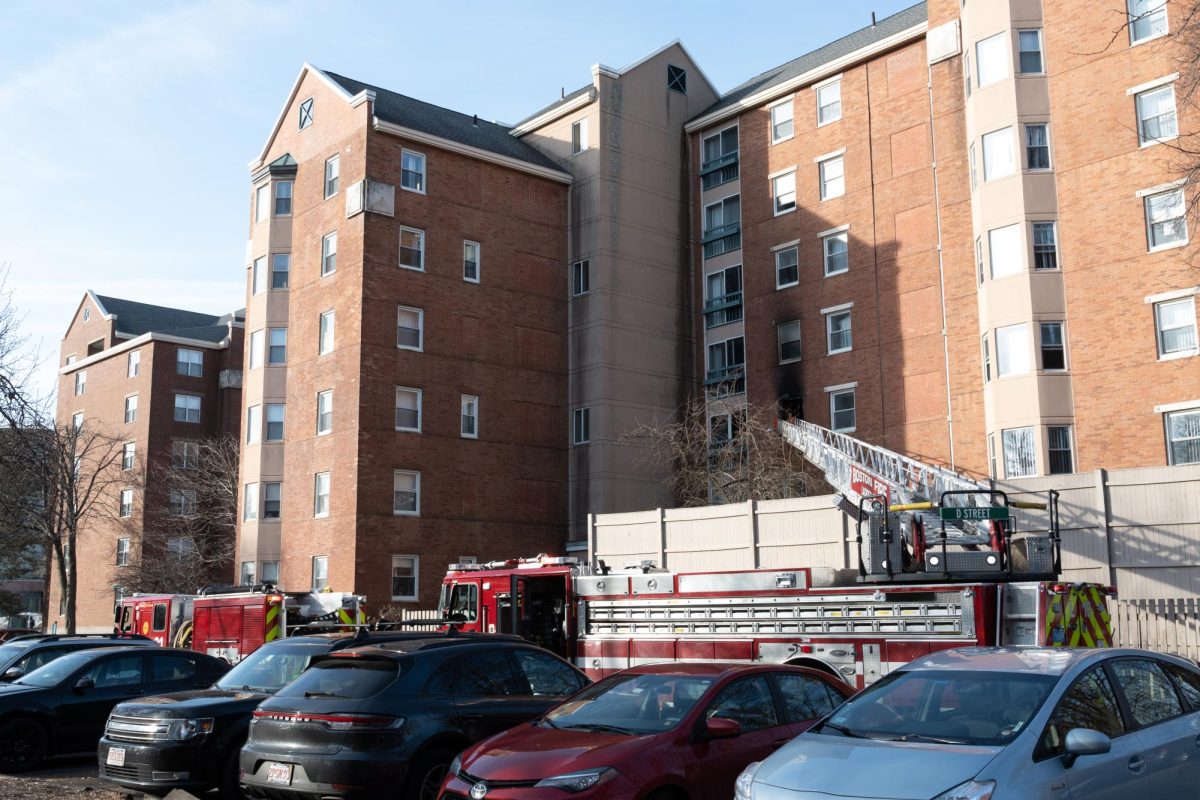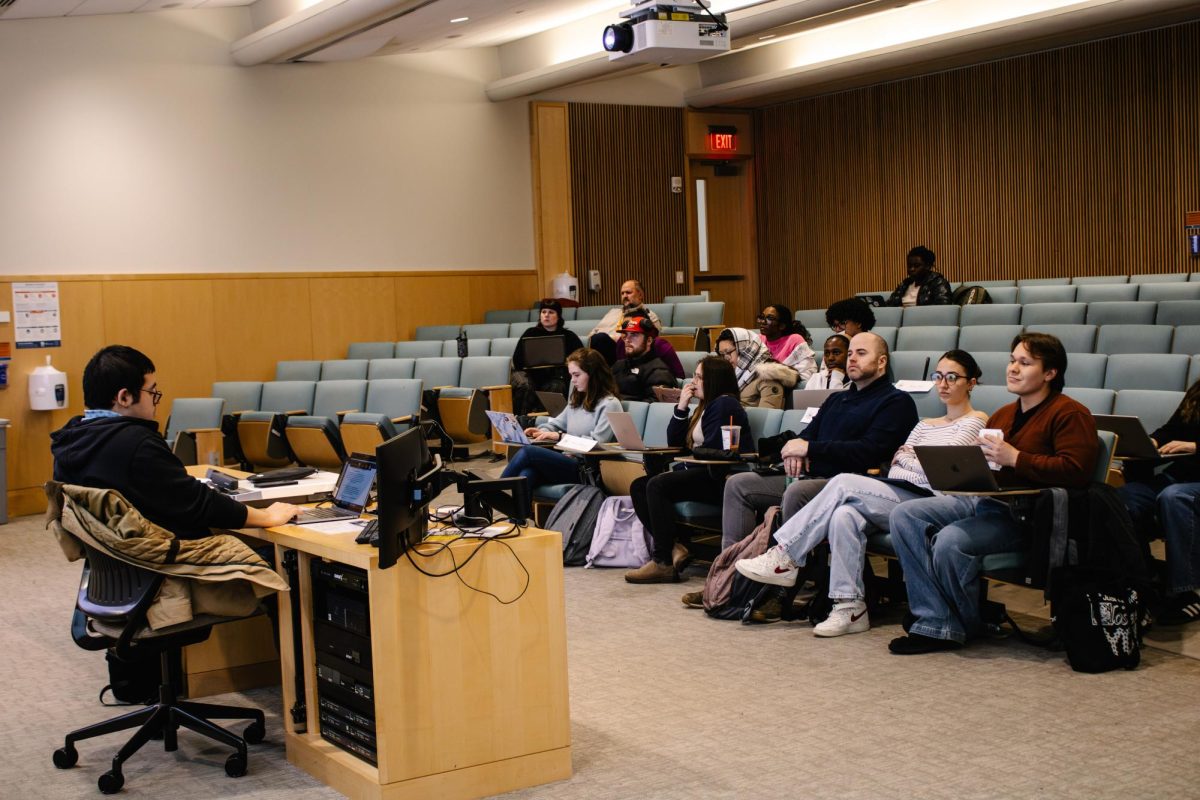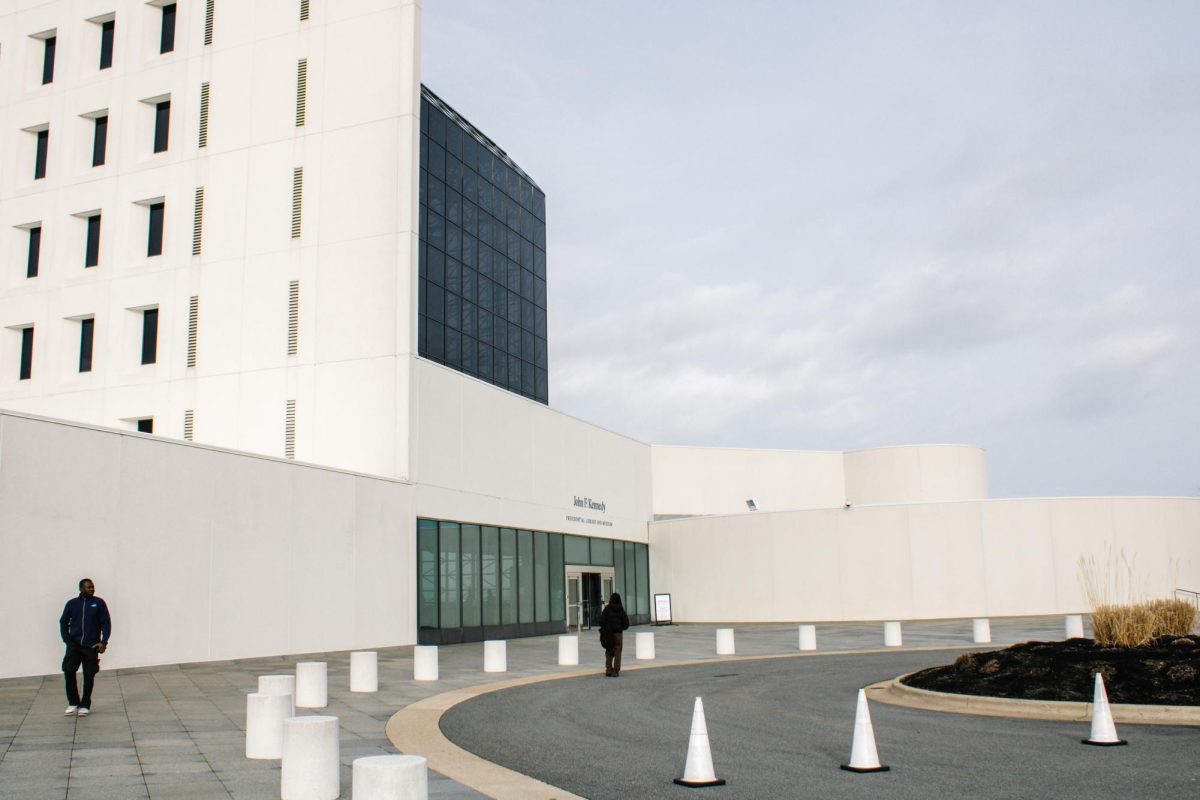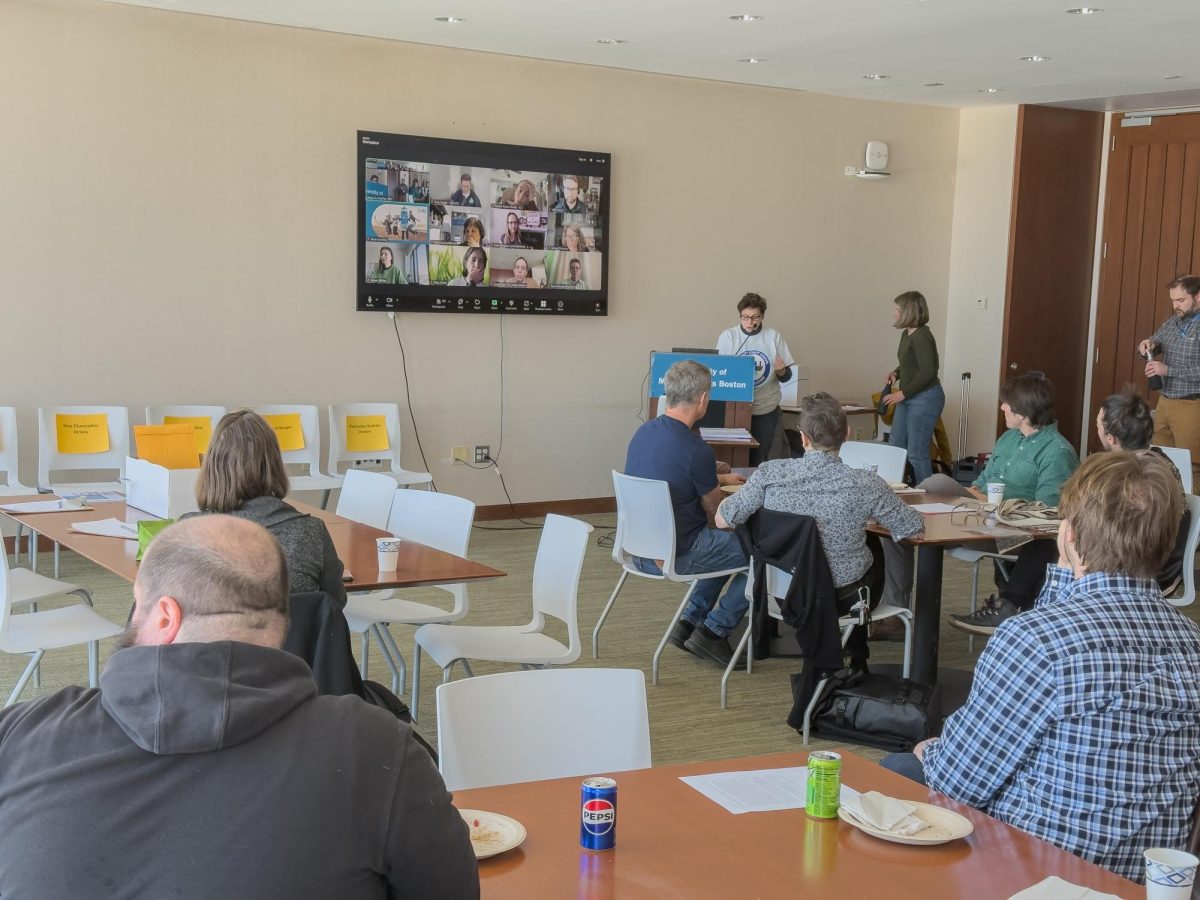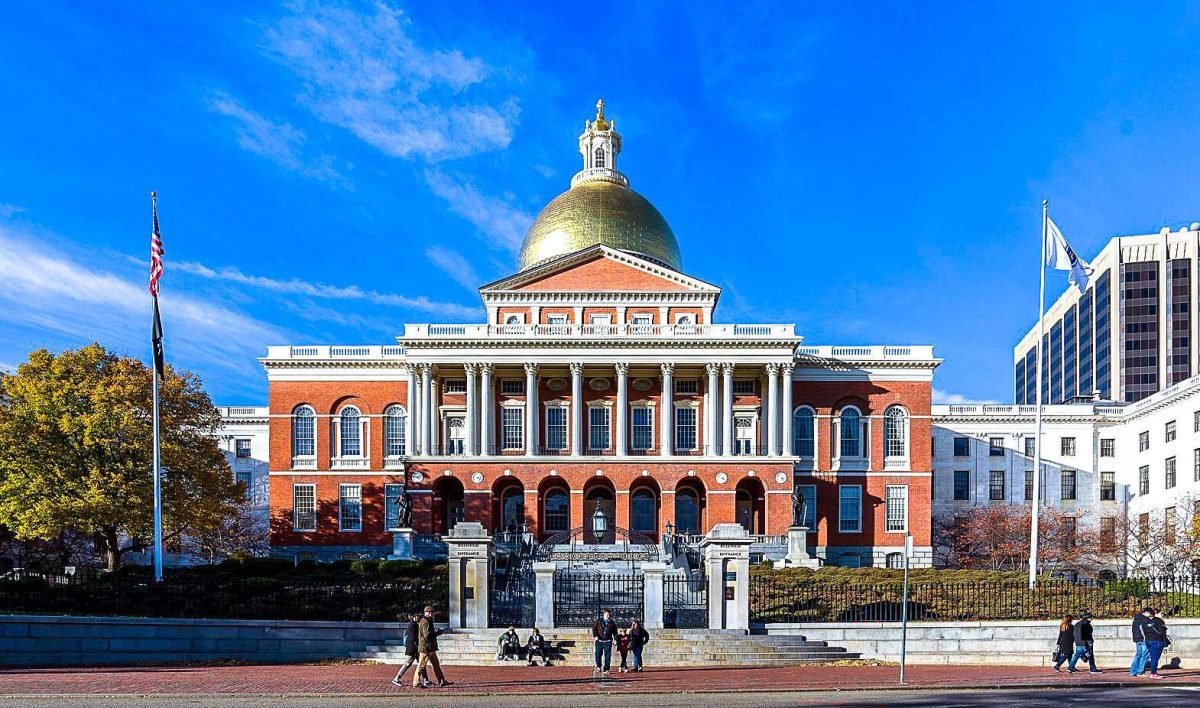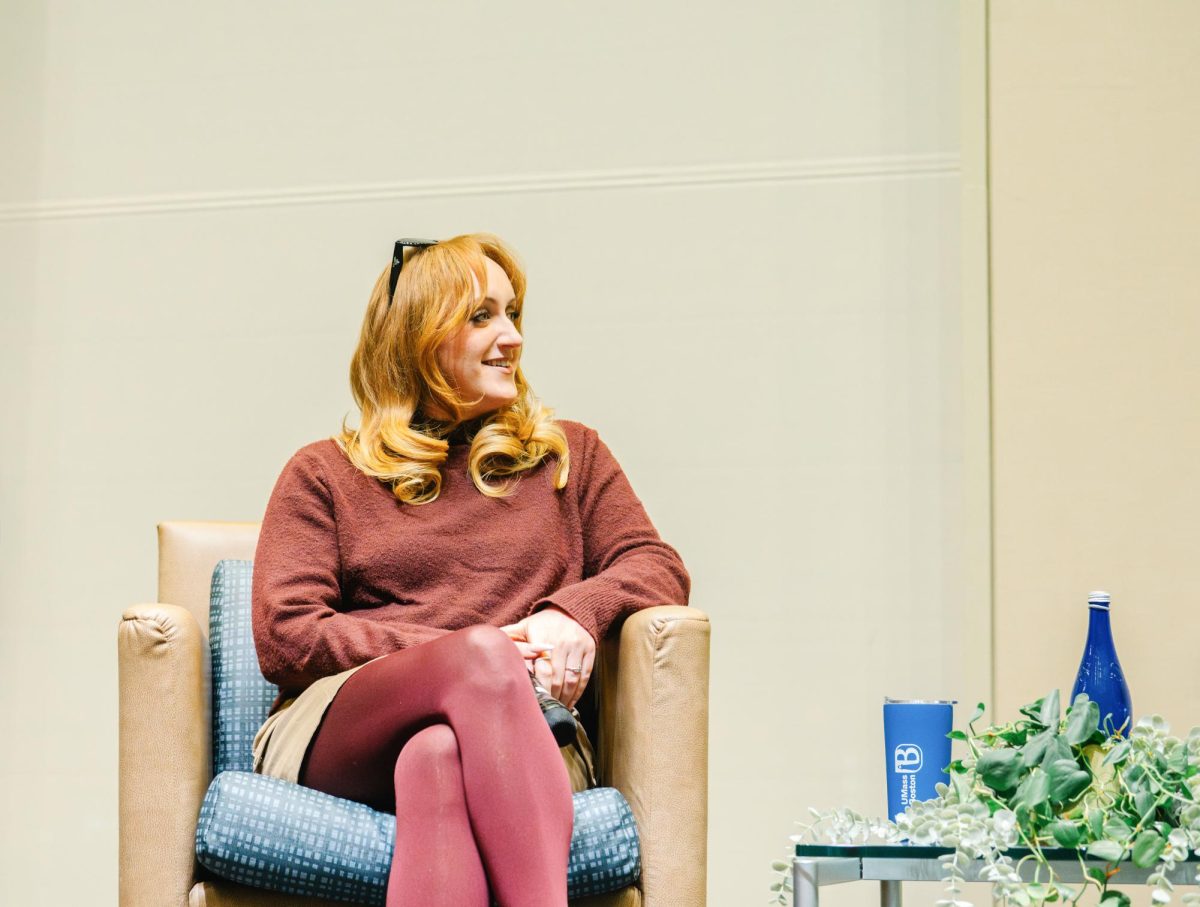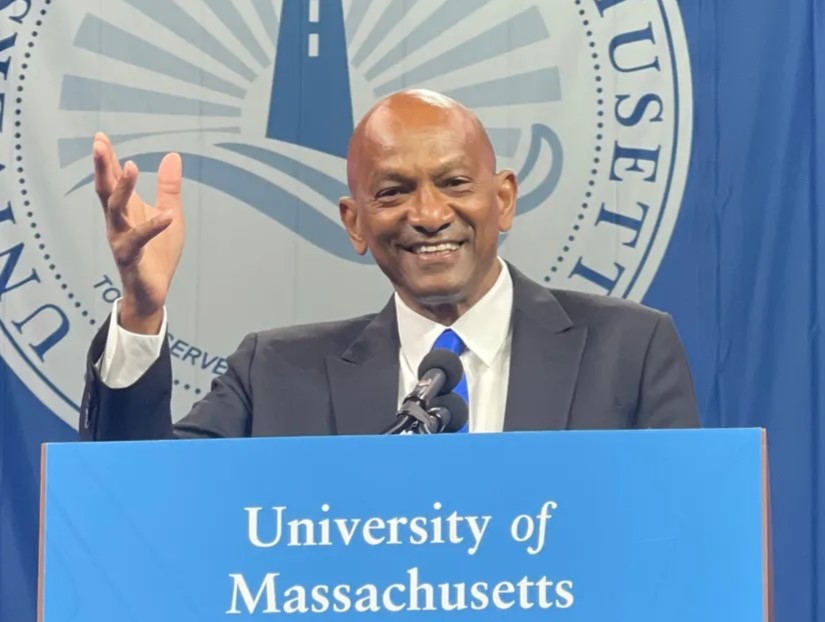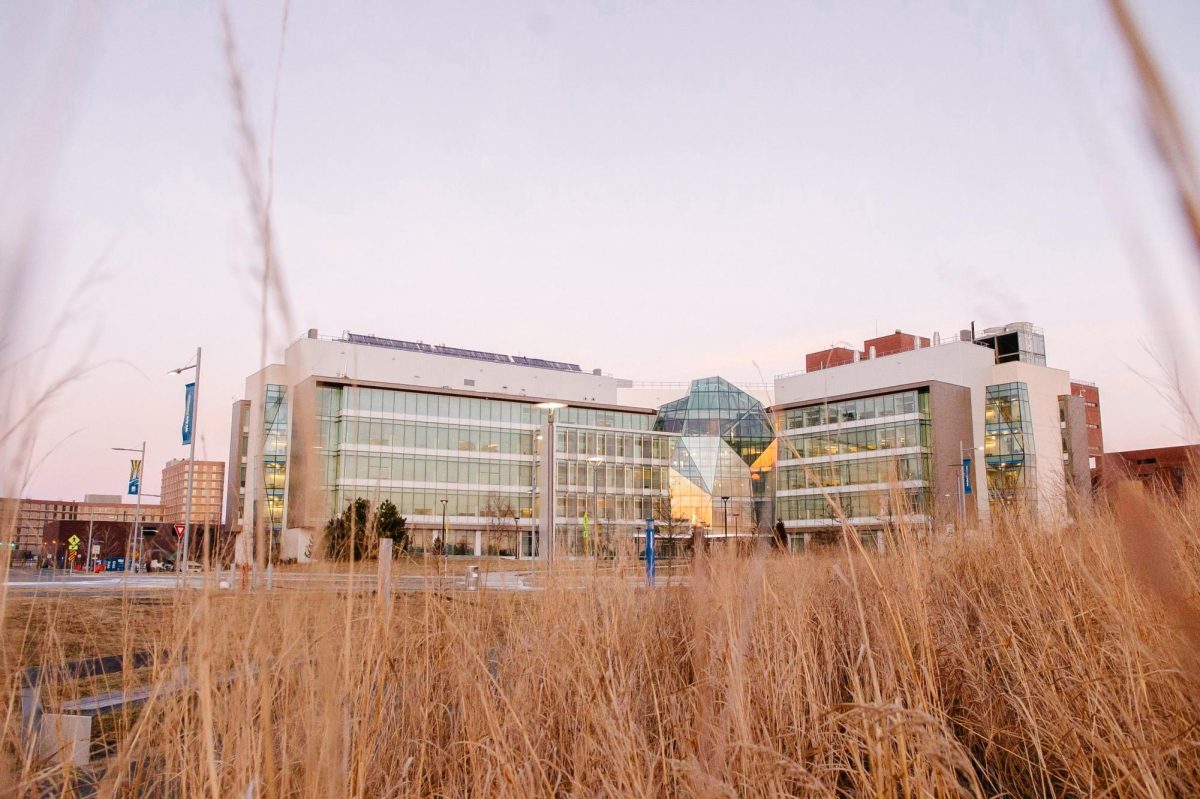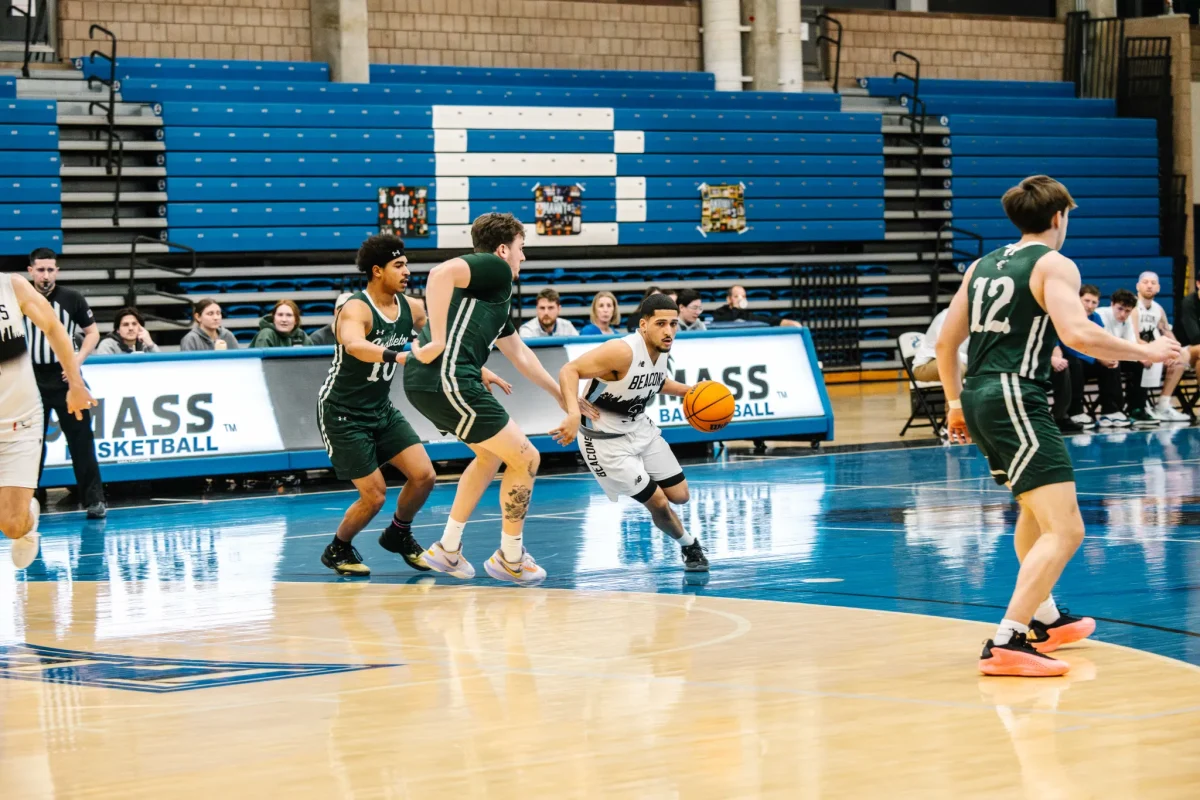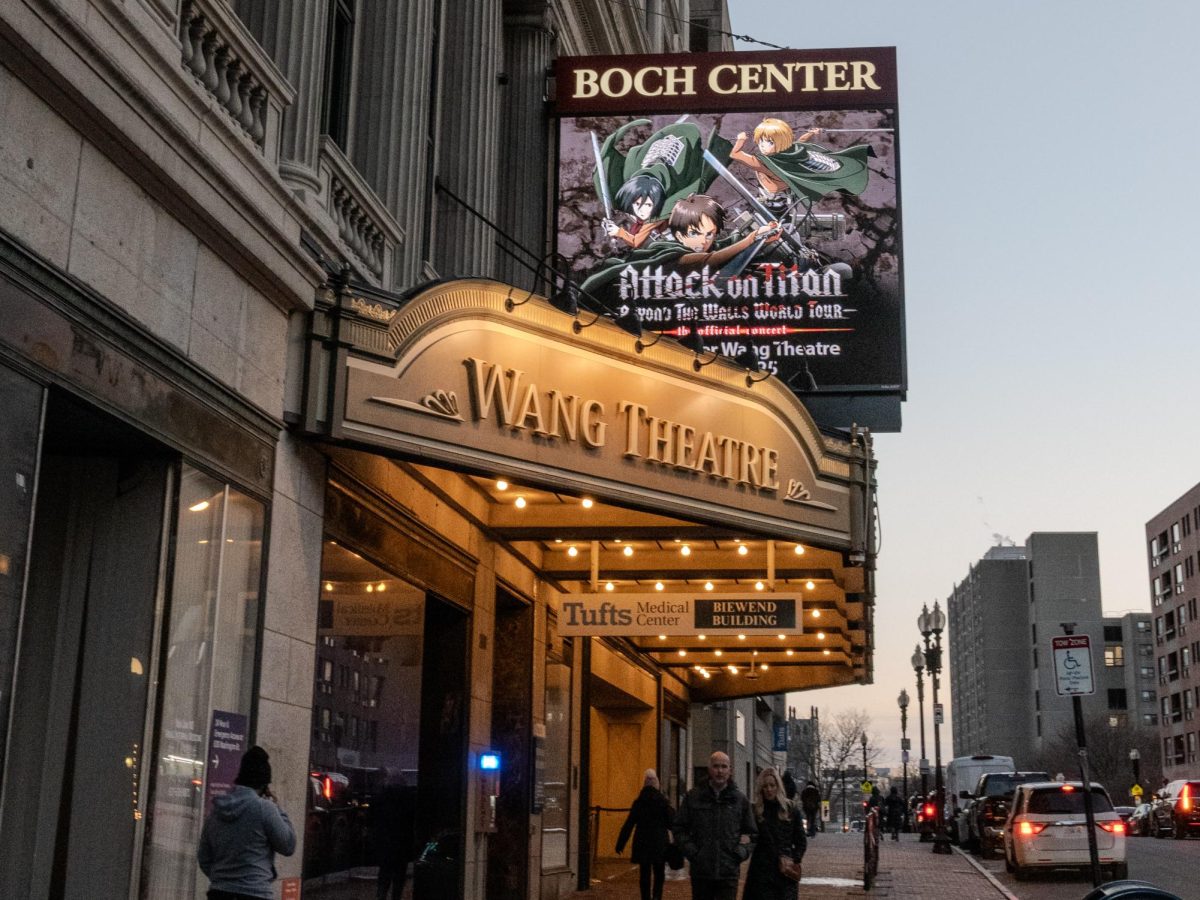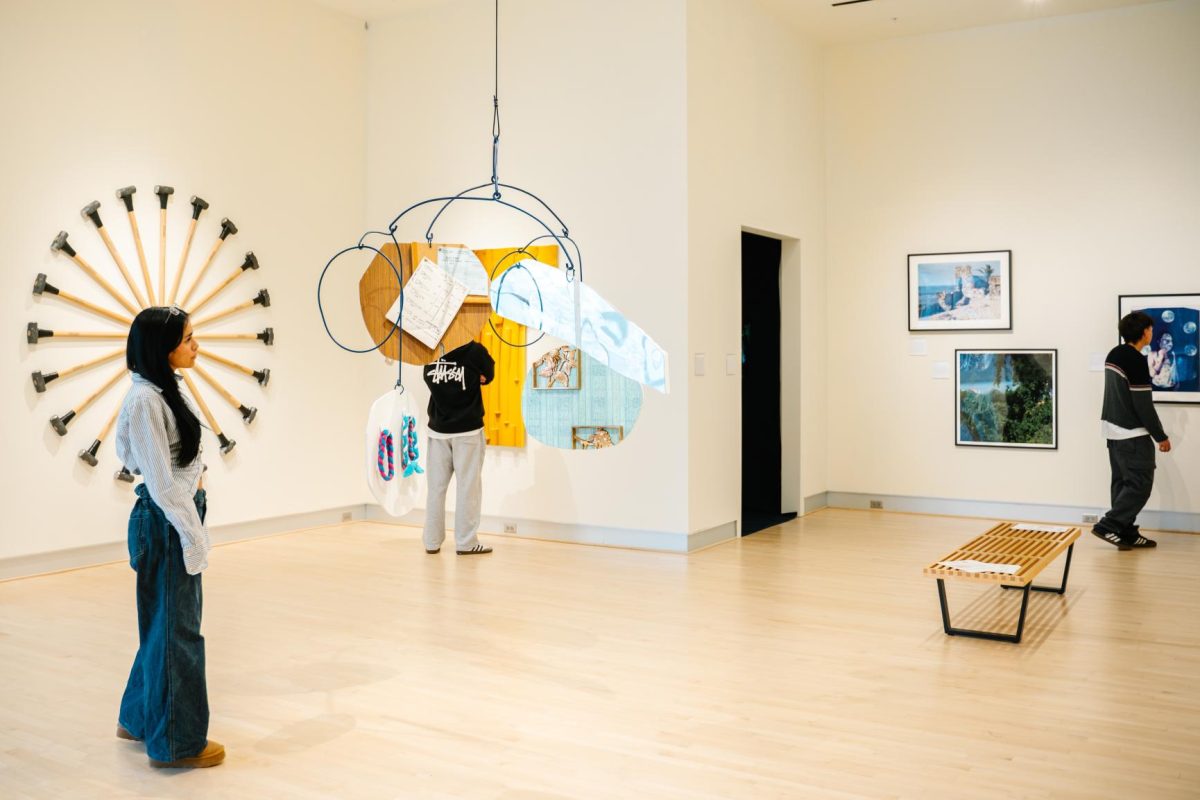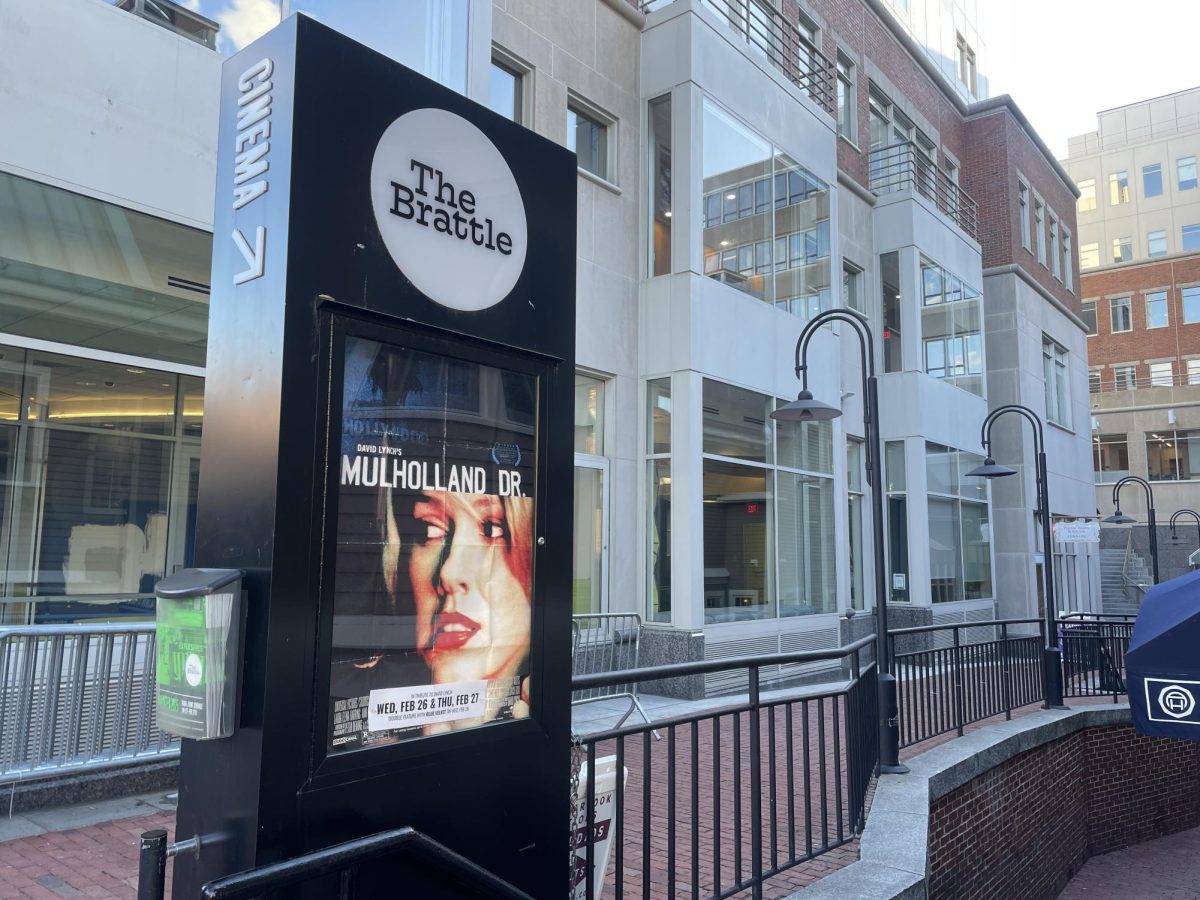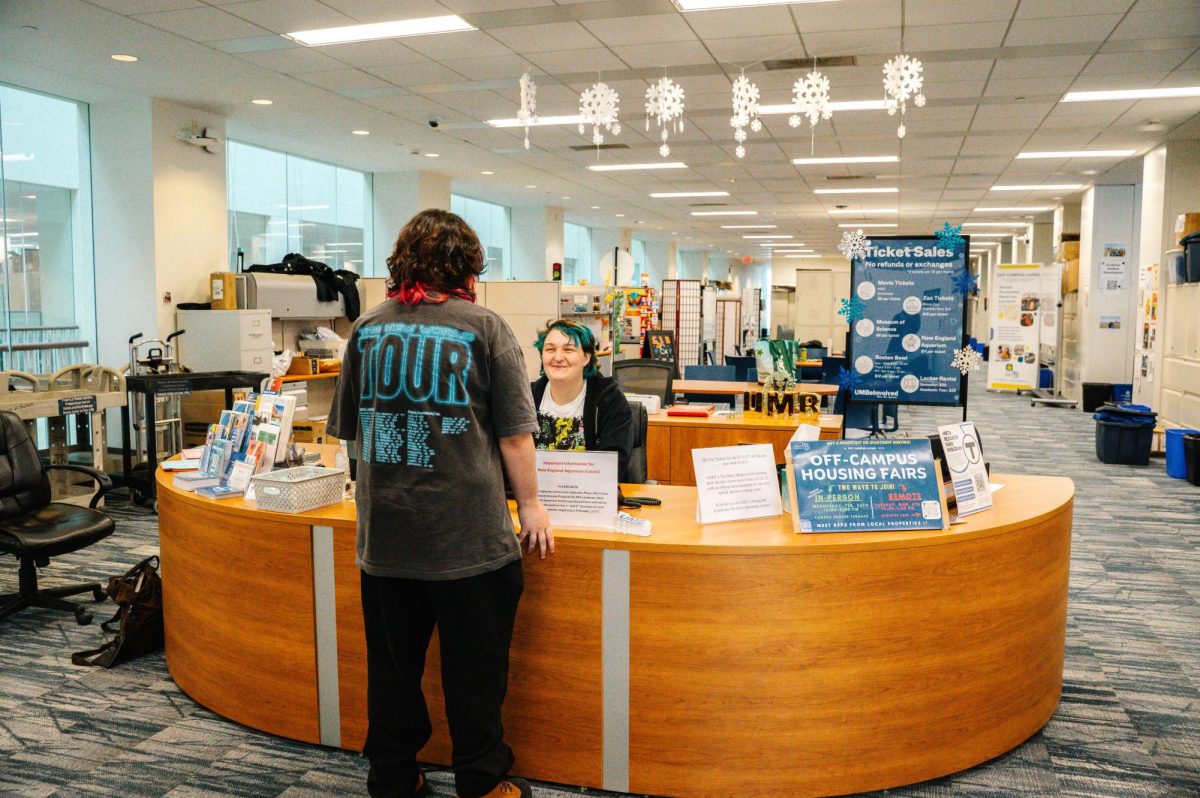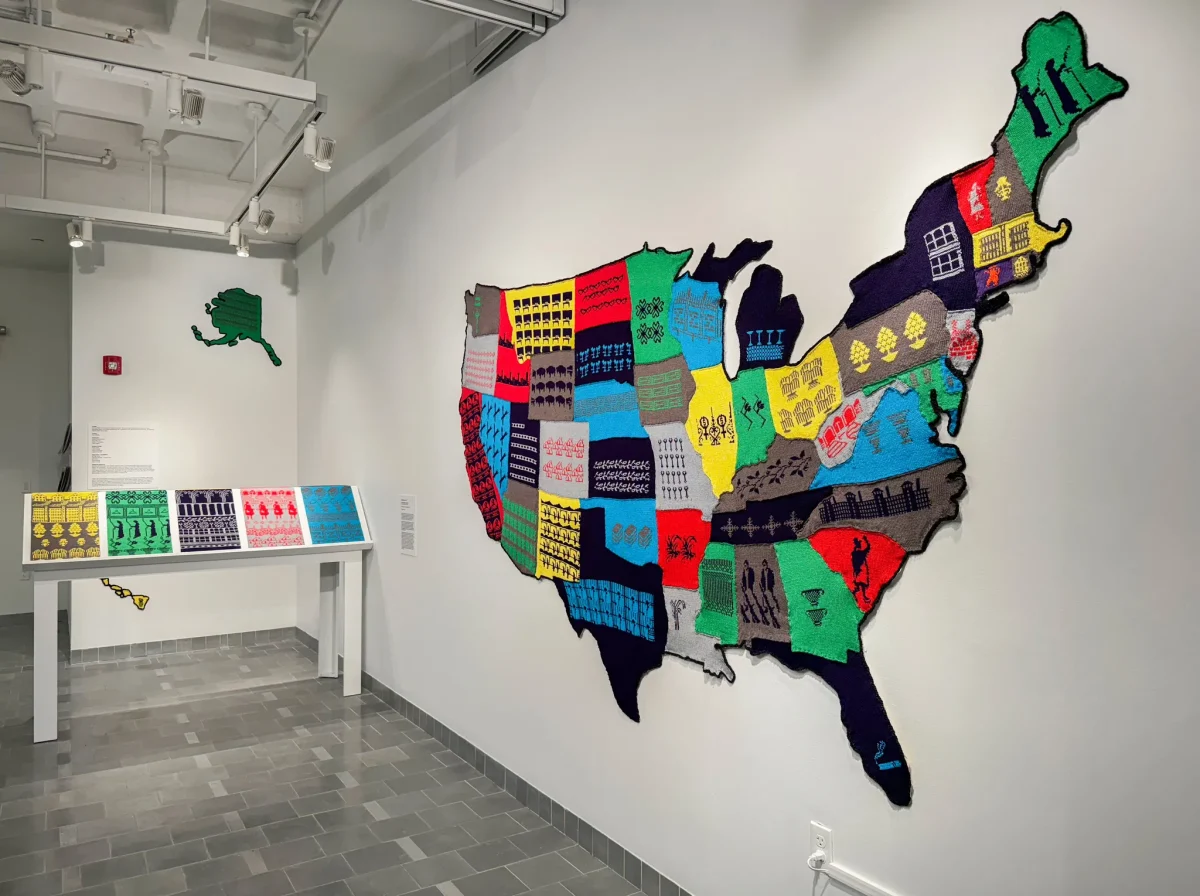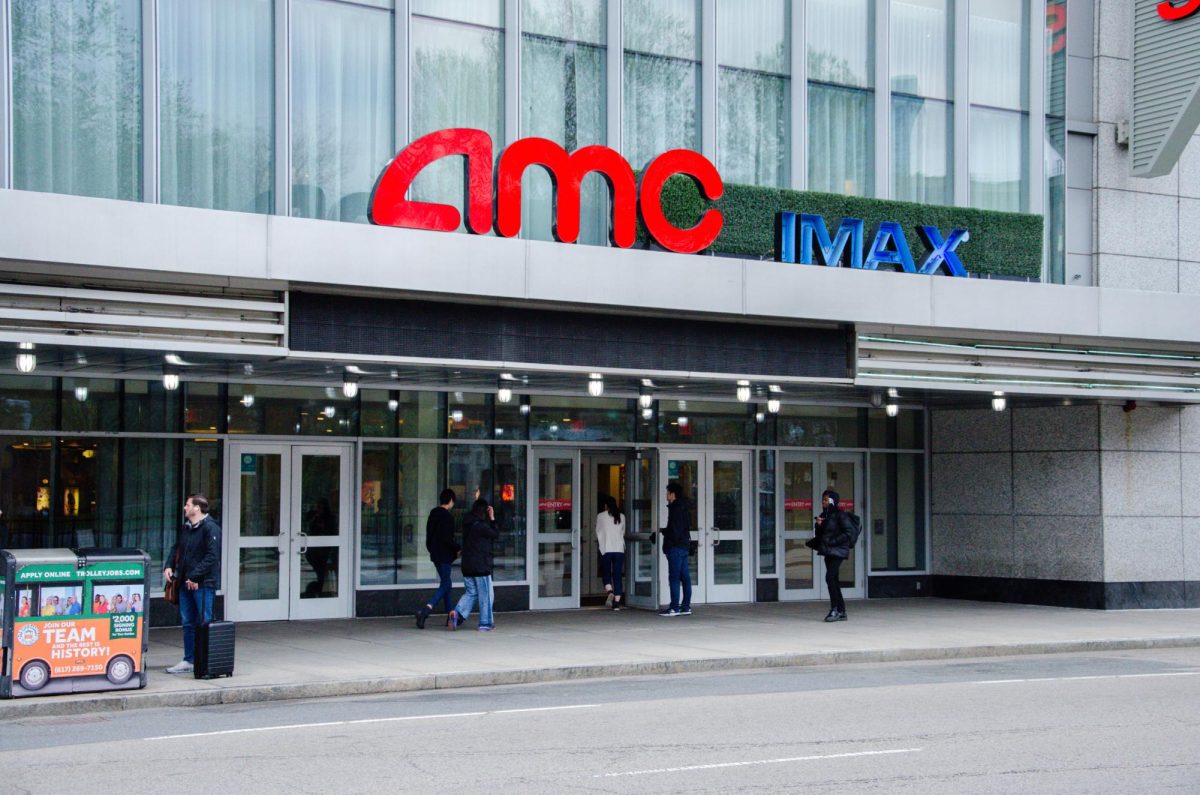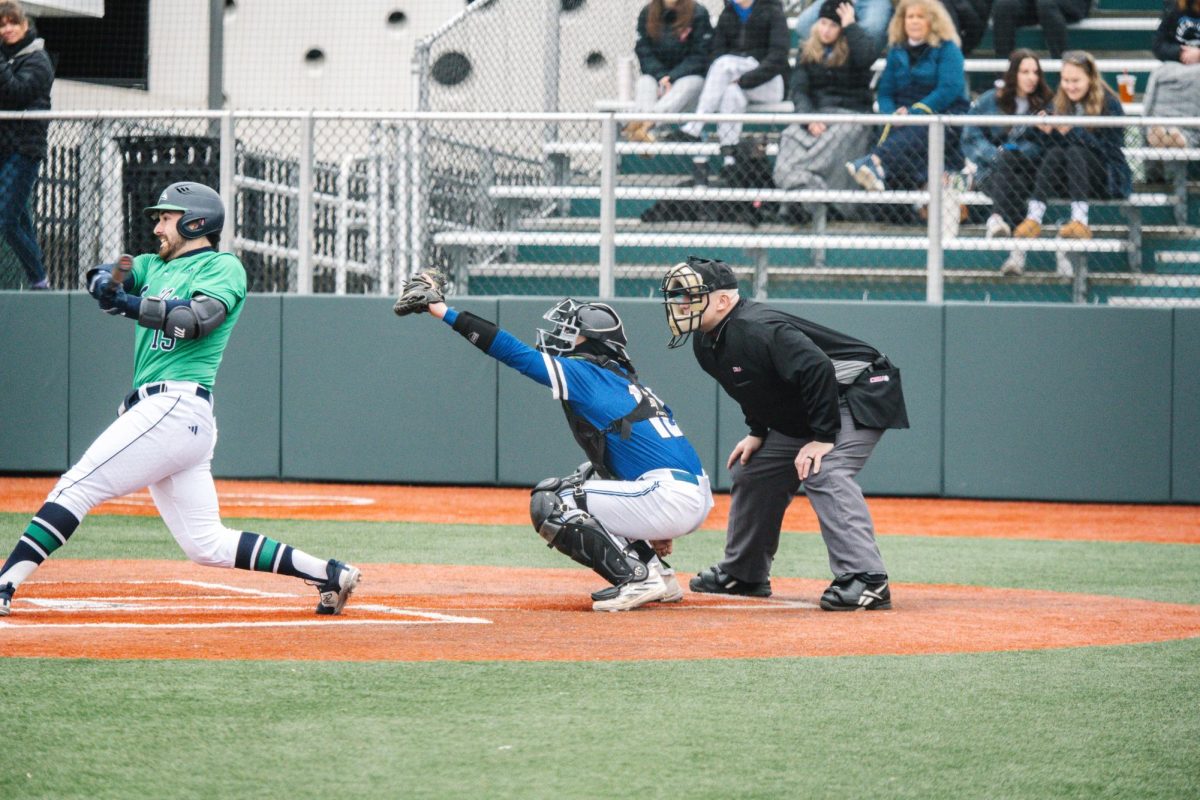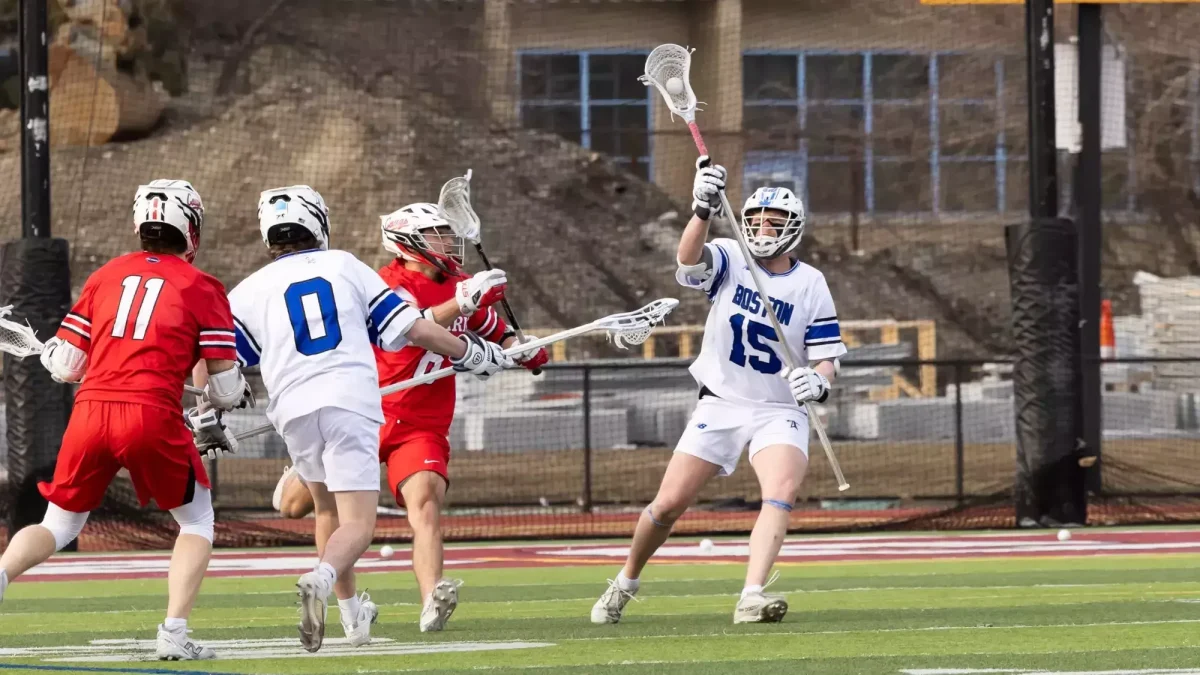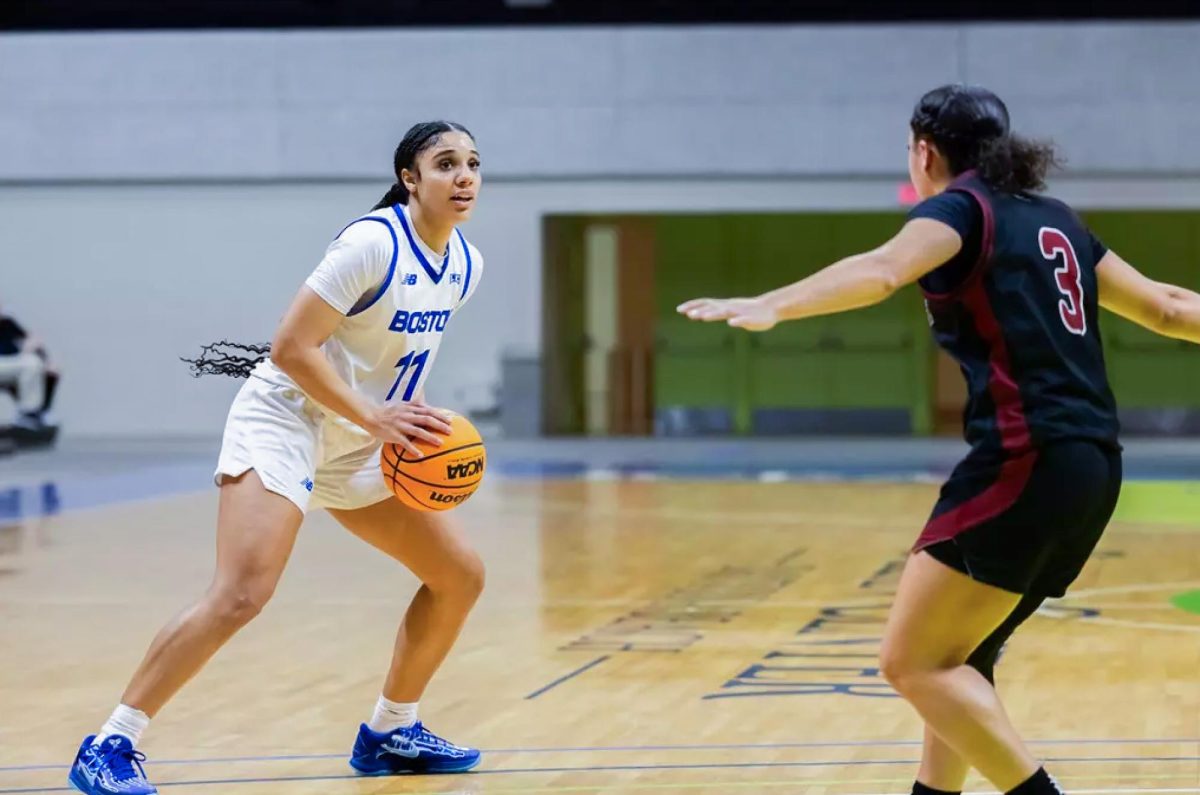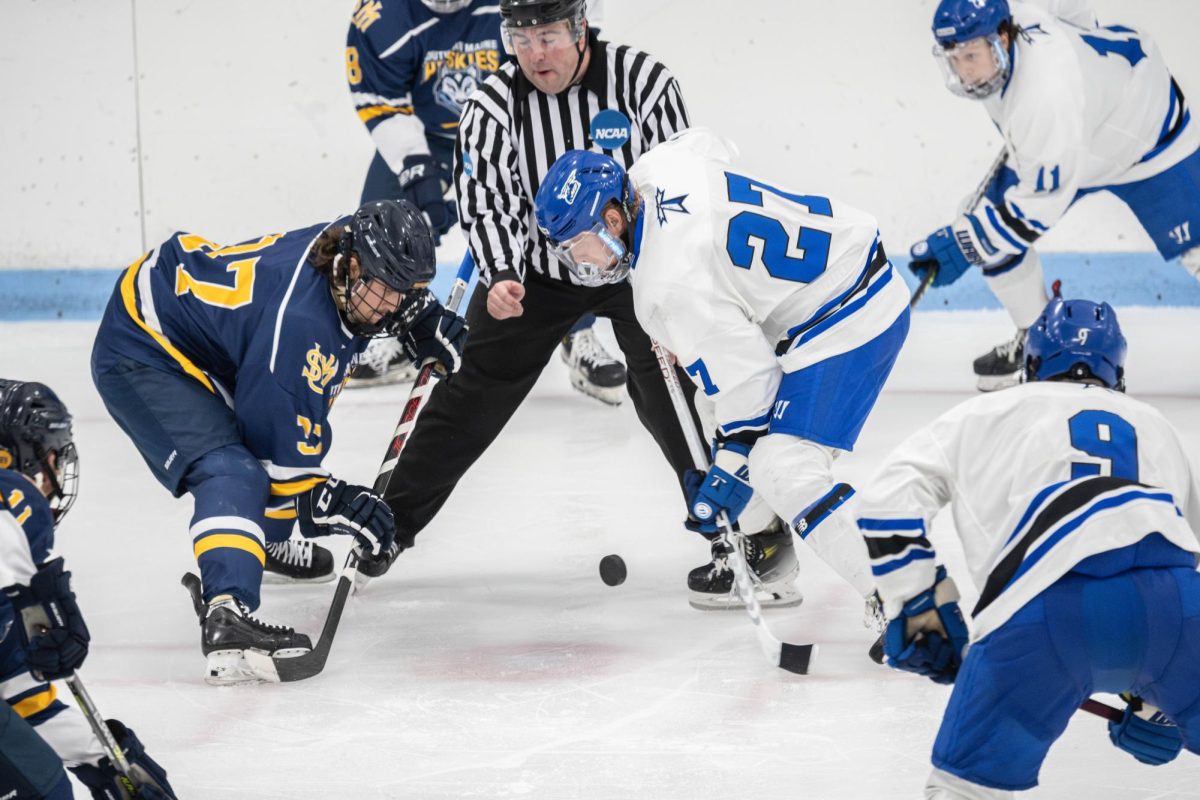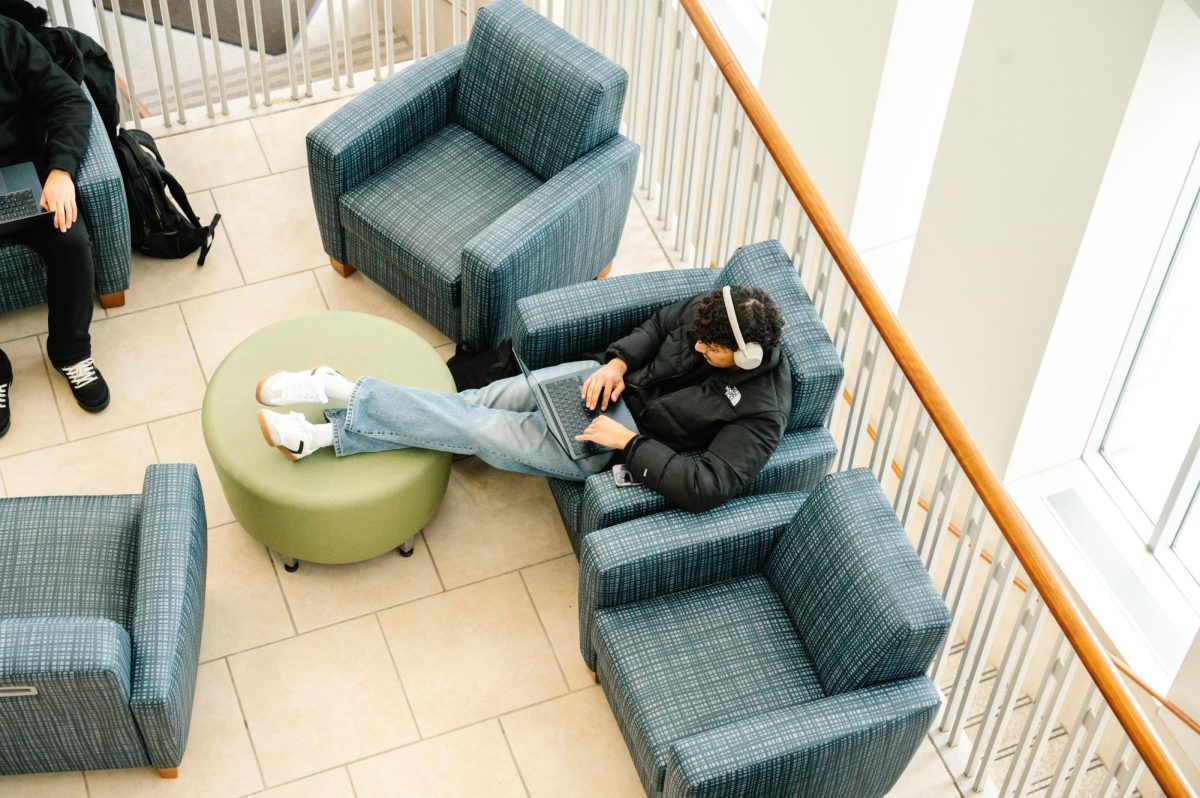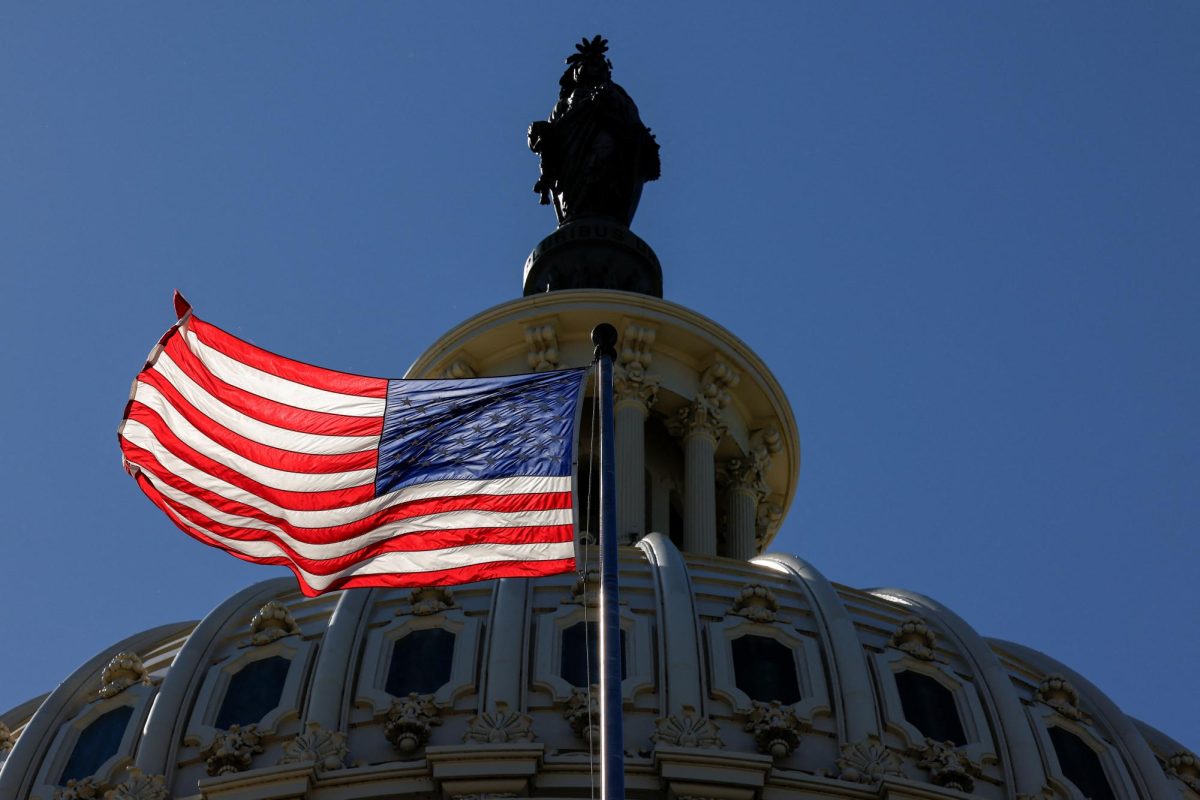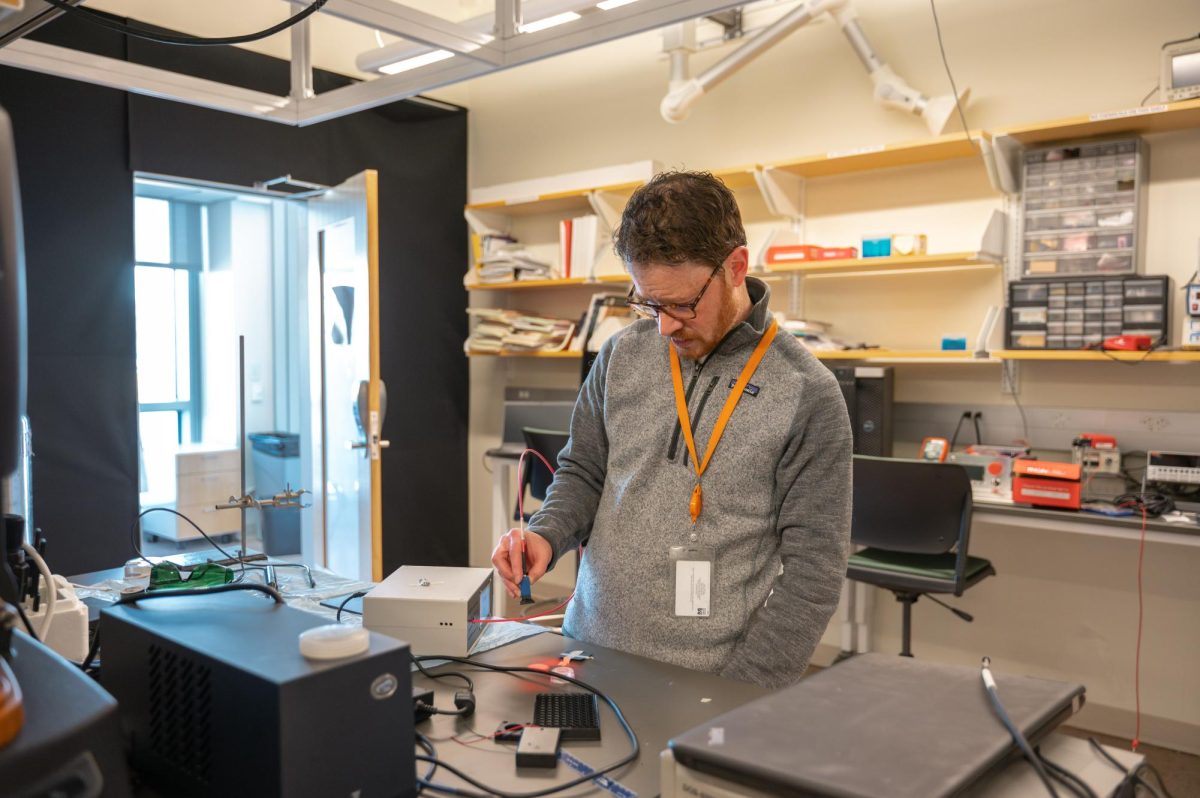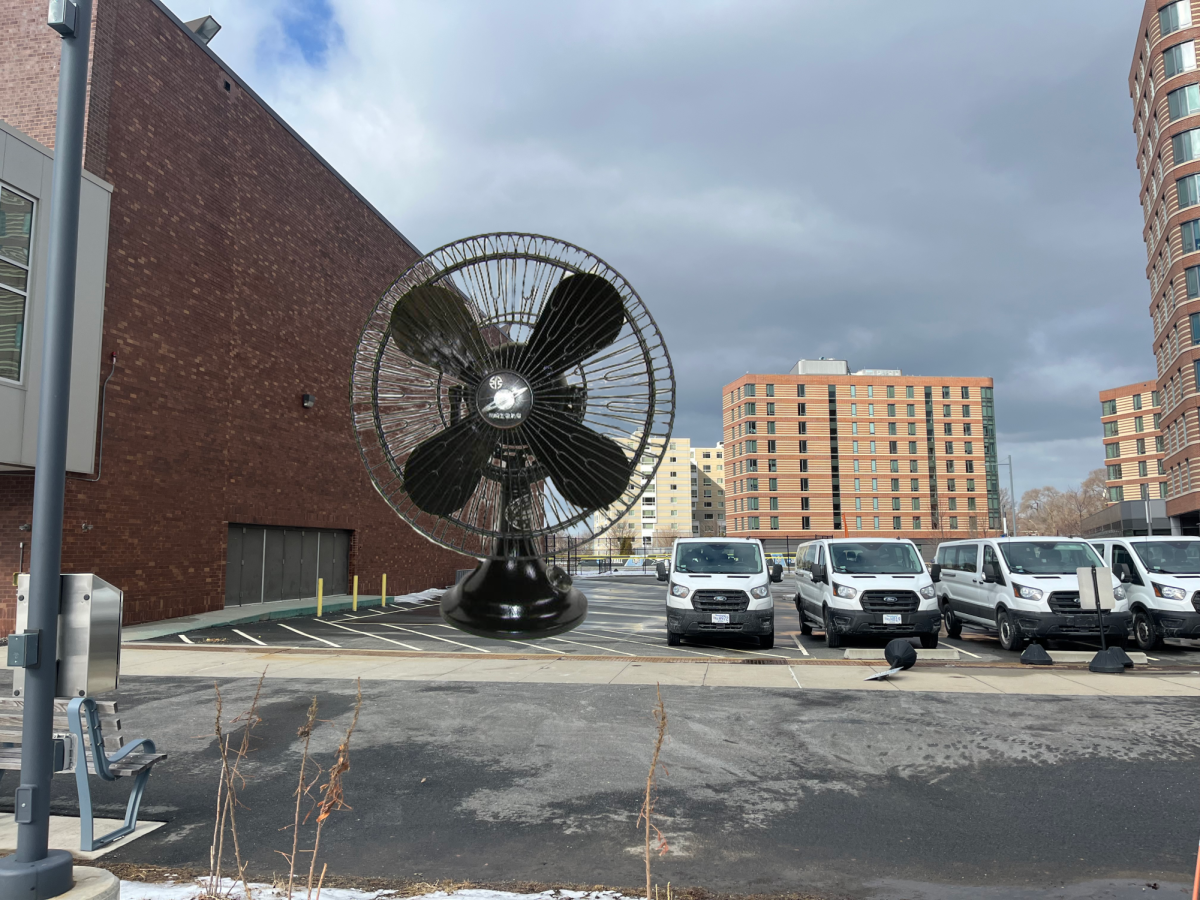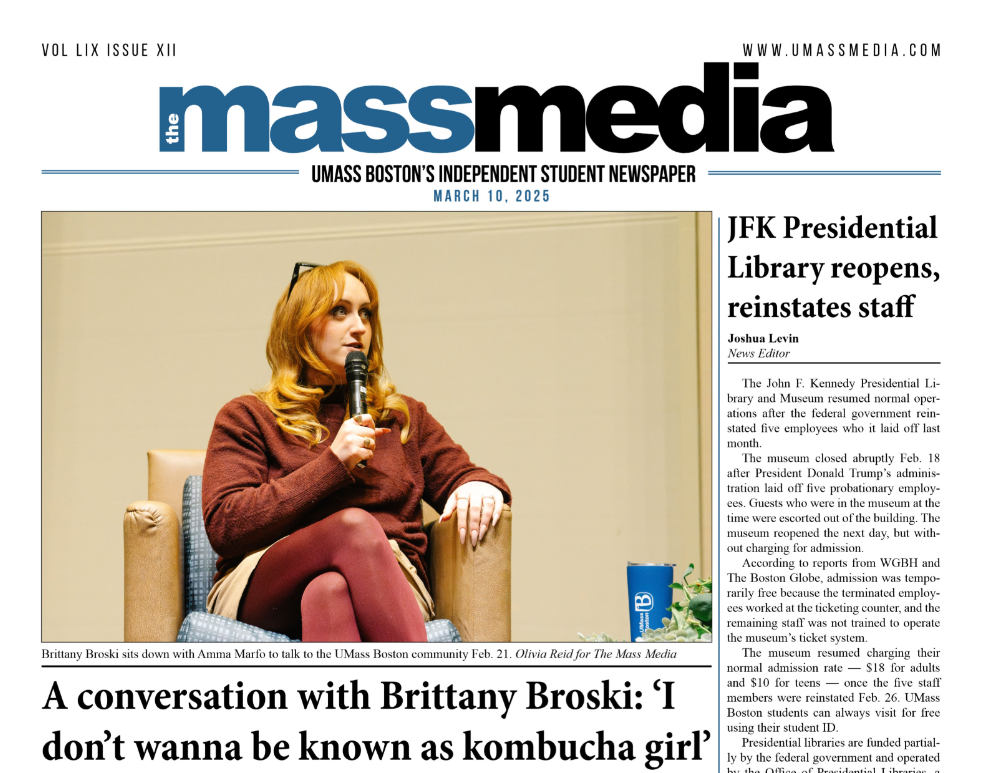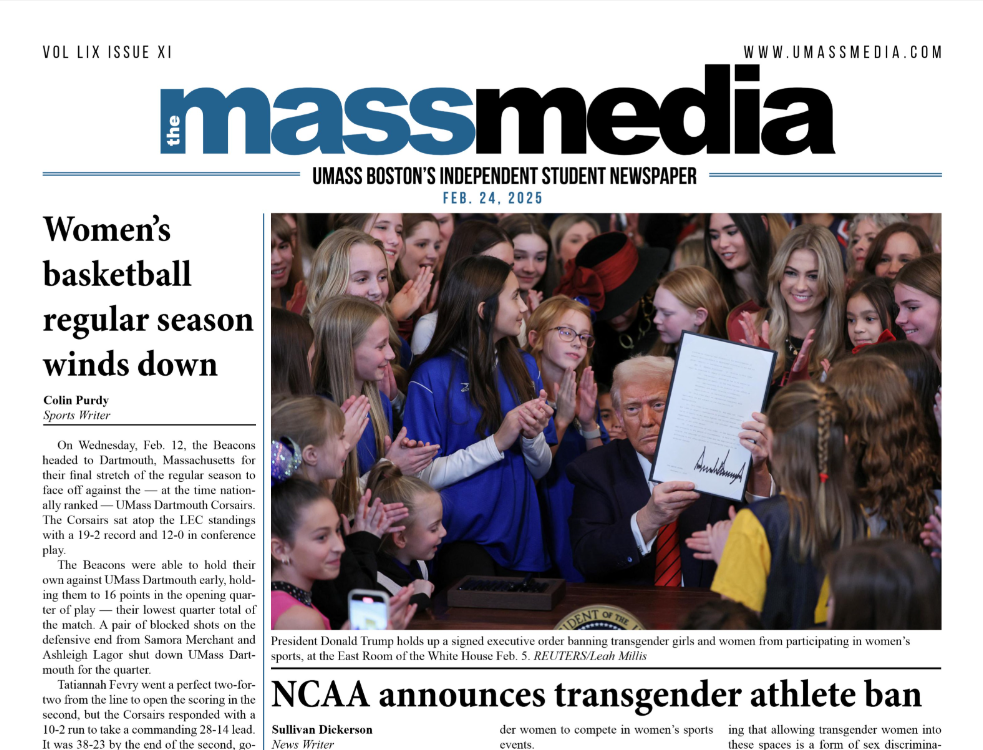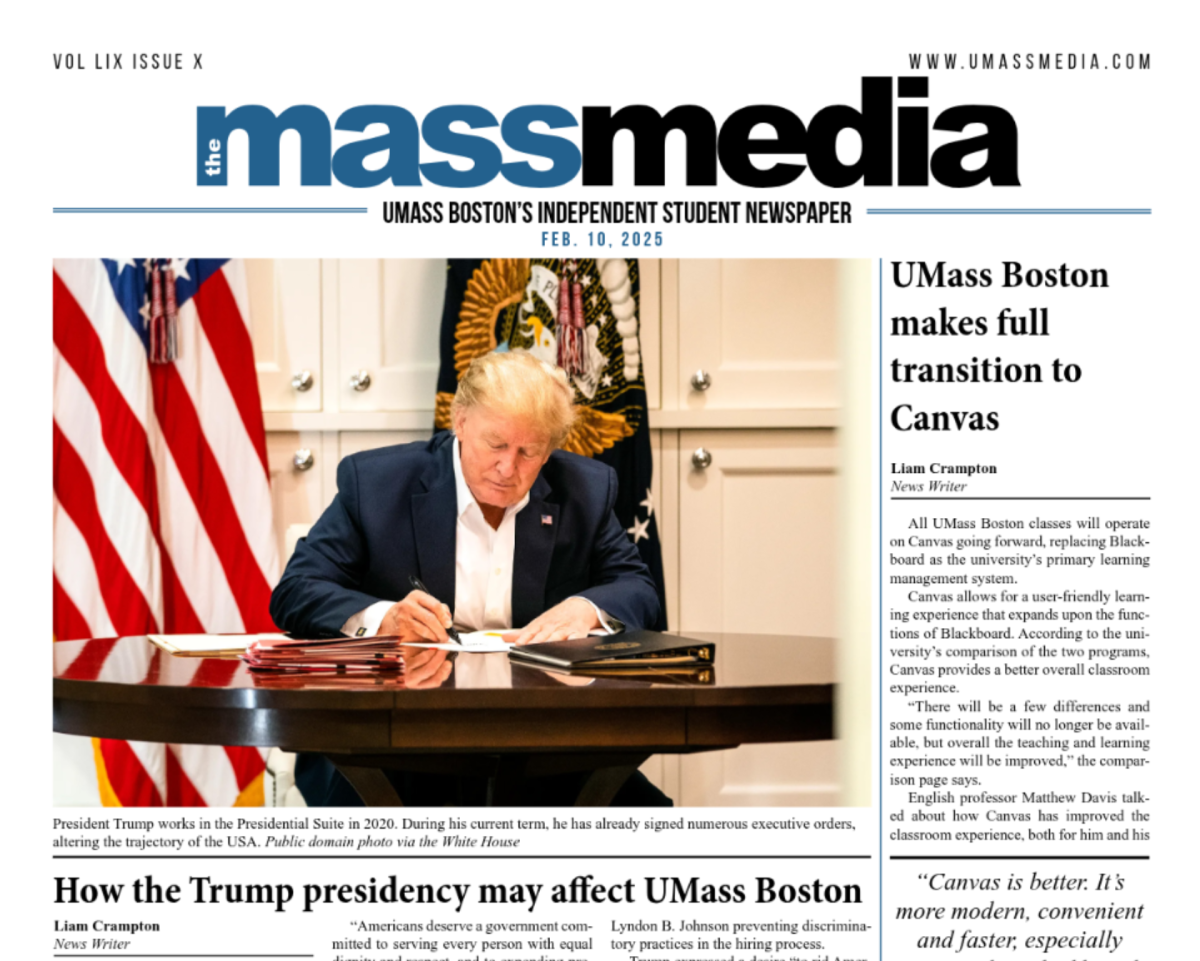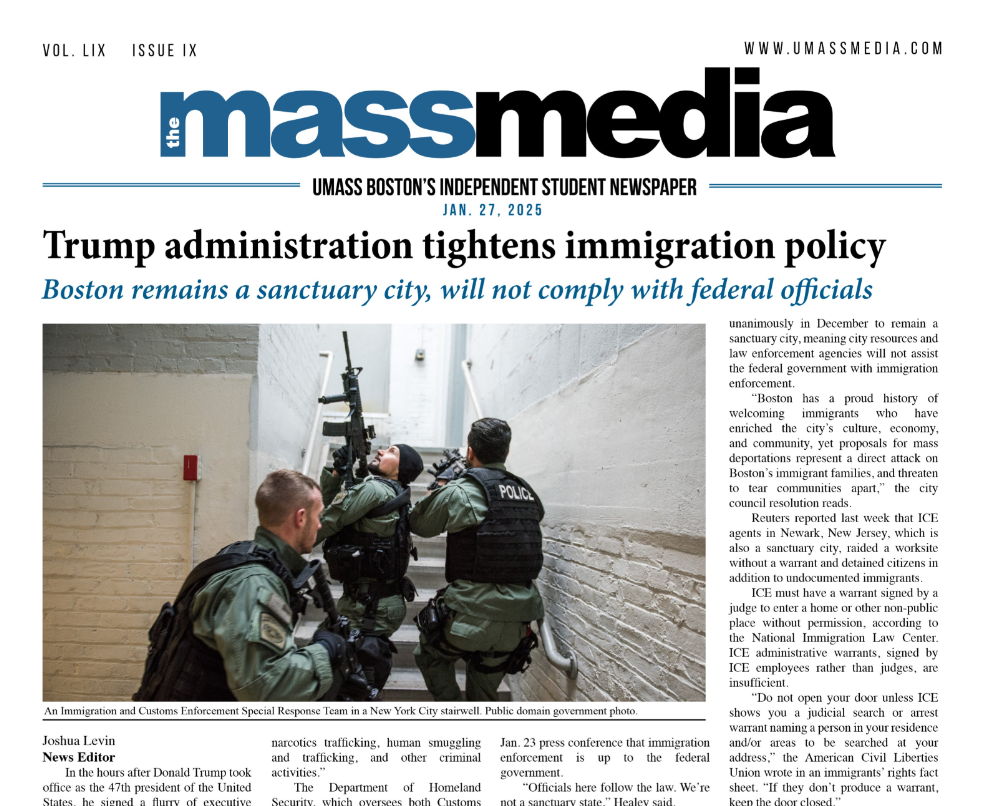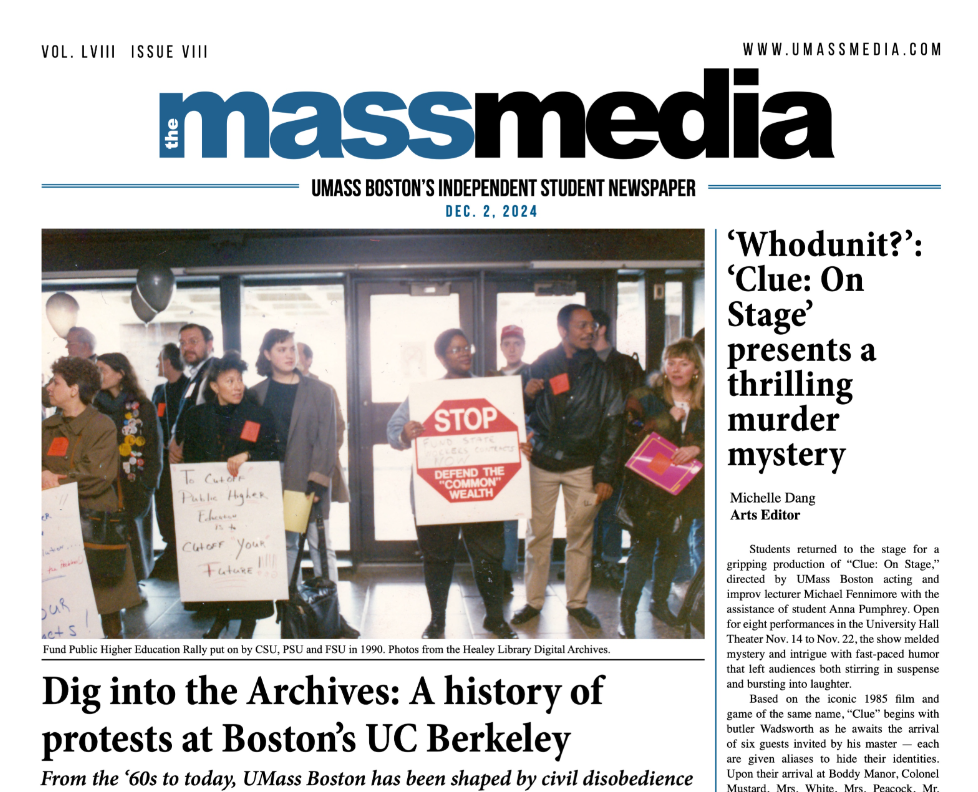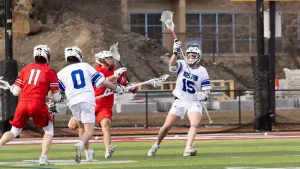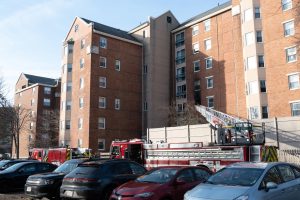If You Fund It, They Will Learn
April 18, 2006
Tuesday, April 18th, should be a big day for the University of Massachusetts-Boston. On that day, from 10 AM until 2 PM at the State House, students from UMass Boston, UMass Amherst and several local community colleges will be lobbying state representatives in support of increased funding for higher education.
Posters have been up all around campus the past week in support of this lobby day. The posters assert that UMB students pay too much for their education. According to these flyers, students and their families are shouldering too much of the burden of the high costs of college. It claims that many students must work two or three jobs to pay for schooling, and many are faced with huge student loan debts that look as if they may never go away.
Student senator Alex Kulenovic, who is running for student trustee in the April 18-20 elections, believes that students are facing too steep of costs without much help from the state. “Our state just recently passed the point where it spends more on prisons than it does on schools, and itis 49th in public higher education funding,” said Kulenovic. “So while our private universities may let us call ourselves the Athens of America, the public university picture looks a little uglier.Appropriations, in real dollars, have decreased by 25% since 2001, and most of that burden has been shifted to students.Add to this federal financial aid cuts, and low-income students are reallyhurting.”
The significant cuts since 2001 seem to be a trend, as opposed to a response to budget shortages. From 1998 to 2000, before the negative economic turmoil and fiscal crises of the early 2000s, Massachusetts ranked 48th in per capita state higher education appropriations when average state incomes were factored in, according to a report compiled by Economics Chair and professor Arthur MacEwan. Ranked at 49th and 50th were Vermont and New Hampshire and at 46th and 47th were Connecticut and Rhode Island, which all border Massachusetts.
The group that has been organizing this event, the Committee on Higher Education, hopes that through these lobbying efforts students can have an impact on the state budget.
Jason Pramas, the chairman of the Committee on Higher Education and an important organizer of the event, explained the goals for appropriations. “We’ll be asking for the legislature to raise the state higher education funding level for fiscal year 2007 to $1.2 billion-the same amount they funded higher-ed for in fiscal year 2001,” said Pramas. “That’s over $200 million more than they plan to.”
The money that the state would give UMass could be used for anything, but Alex Kulenovic clearly stated his priorities. “I think most students will put academics first, so their programs aren’t cut and they can take the classes they want to take, not to mention that tuition and fees can’t be allowed to keep going up.”
UMass Boston also needs a considerable amount of money to repair and renovate the substructure and buildings on the campus. “This campus also needs to be refurbished, prioritizing basic things like bathrooms and thegarage,” Kulenovic said. Massachusetts is seriously lagging in the amount of funding given to public universities for buildings. Annual state spending on buildings is $690 per student, compared with $1,300 at universities in similar states.
The Committee on Higher Education has done much in order to make the lobby effort a simple event to attend. There will be free busses to the state house for those who do not have their own transportation. The busses will be leaving the campus shortly after 9 AM. For those who are going on their own, it is important to show up early to allow for time to go through security.
After a press conference and short lobby training session for everyone, people will be sent out to lobby relevant senators and representatives. After this initial lobbying event, the Committee on Higher Education plans to continue planning campus events and activities to promote funding efforts.

